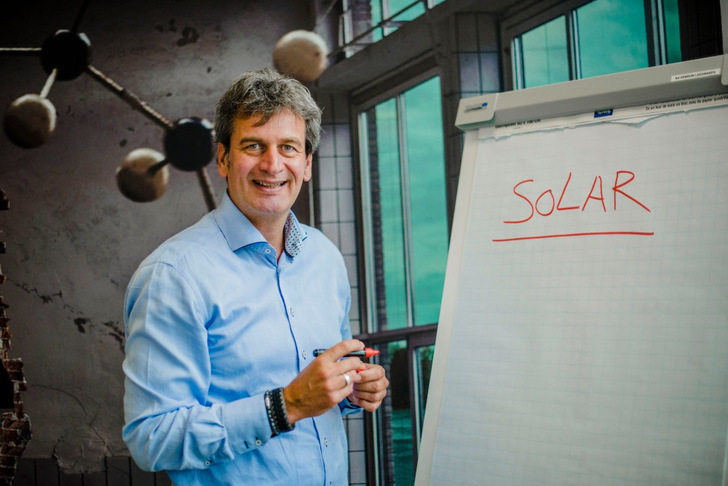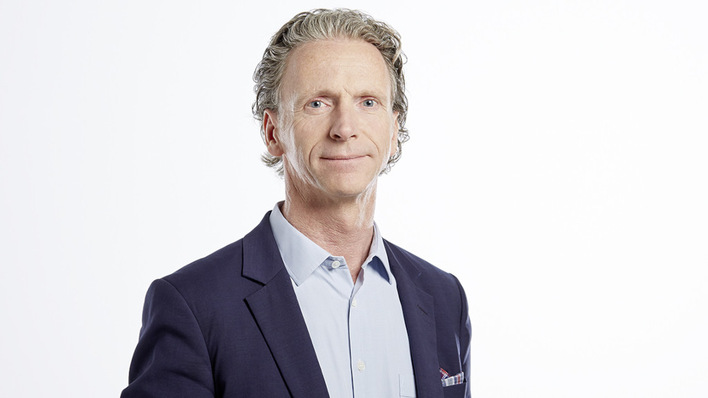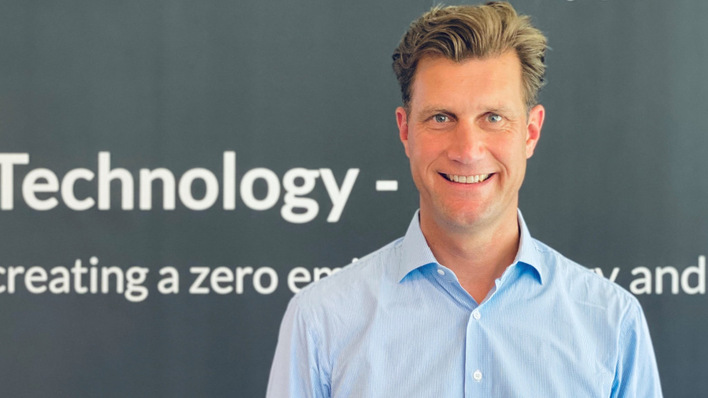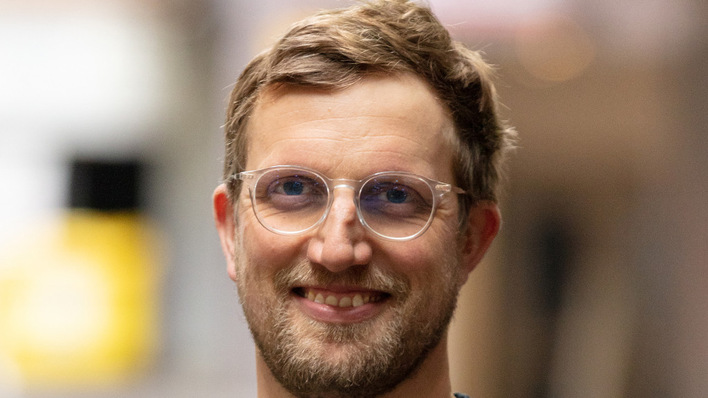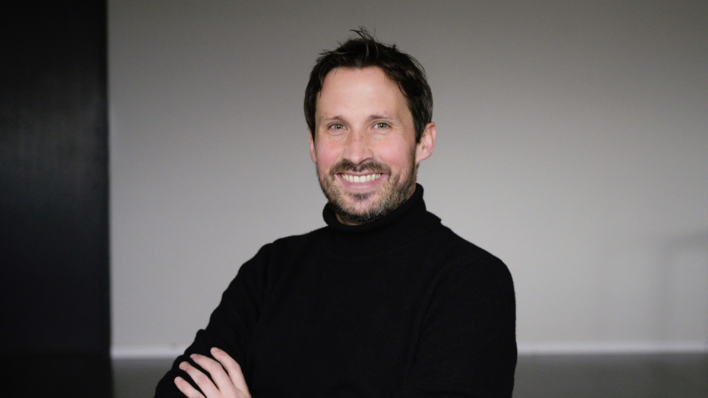"One half year, solar companies see their turnover triple, the next six months it’s half," Scheper says. "Maybe our market isn't as mature as we thought.“
Consumer demand is still not picking up, so the problems for the sector continue. In addition, although the business market is loosening up again thanks to the low solar panel prices, the business case remains difficult to calculate because banks still charge high interest rates.
"That raises three questions," says Scheper. "First of all, prices are so incredibly low now, even lower than last month. Everyone knows that there will eventually be a price increase, but when and how substantial will that increase be? In the consumer market, these kinds of price differences don't matter that much, it's a matter of ten to twenty euro’s per solar panel. This can be very advantageous for business projects, because you can profit from that lower purchase price for thirty years. But as a buyer, you can't make a strategy based on this, because those prices are guaranteed to go up again.“
„Every buyer should ask himself how good the quality is“
Secondly, according to him, every buyer should ask himself how good the quality is of the batches of solar panels that are now coming onto the market. "With the current prices, the margins are so small that an intermediary can't earn anything from them. If an intermediary is involved in the deal, you have to ask yourself whether the batch of solar panels you buy is of the quality as claimed," says Scheper.
Thirdly, there is the liquidity of Chinese companies. "Banks want to know how the cash flow of your suppliers are in order to estimate how likely it is that you as a company will run into problems. For this, of course, you have the Tier 1 manufacturer list and the so-called Altman Z score, but these are determined based on the past. The price drops are now so fast that you have to ask yourself what the liquidity of your suppliers really is. I wouldn't be surprised if a number of Chinese companies are also faltering themselves.“
Also interesting: „PV module stock reduced by almost three times“
According to Scheper, this results in 'modern bankruptcies'. "The largest solar panel manufacturers are also struggling, but they are all listed on the stock exchange and therefore have a stronger back. In addition, they have outsourced part of their production to smaller manufacturers. They are now scaling back that production, which means that those smaller manufacturers are in big trouble. If they then collapse, the big manufacturers can take over the entire production capacity for next to nothing.“
While this is a risky strategy in most sectors, buying additional production capacity during a demand shortage is usually asking for trouble, but the energy transition must happen. This means that sooner or later this extra production capacity will be needed again.
"For example, the largest solar panel manufacturers are trying to squeeze those slightly smaller manufacturers out of the market. There could be a lot of name changes in the near future. Sometimes they are minimal, but then there is still another owner behind it, so you still have to be very careful who you do business with.“
How does this relate to the Dutch situation in particular?
The fact that the energy transition will continue as usual also applies to the Netherlands. "We have committed ourselves to international and national targets, so sooner or later Dutch demand will also pick up again. But companies in the Dutch solar energy sector have to survive this interim period," says Scheper.
"I think that at least a third of Dutch companies will not survive this due to mergers, acquisitions or bankruptcies. Several companies have opted for an international growth strategy, which are still doing relatively well. Although demand throughout Europe is now disappointing, the Netherlands is doing particularly badly. Inventories remain high. Since sales are falling sharply and prices have fallen, it is difficult to meet the financial obligations. The result is declining revolving credit facilities and therefore lower purchasing power.
Did you miss that? The cost and efficiency screw for PV modules continues to turn
According to him, you can look at this in two ways. "On the one hand, we really don't have to be sentimental about it when companies go bankrupt, that also happens in a healthy economy. In addition, this was already a topic during the corona period, when a lot of companies were saved that are actually not viable in the long term.“
On the other hand, it is bad for the sentiment around the Dutch energy transition if many companies go bankrupt in the solar energy sector. Especially since consumer demand has shown time and time again that it is hypersensitive to negative coverage.
Get the full market outlook report of European Solar for free here
"At the end of the day, every buyer should ask himself how good the quality is that's a foregone conclusion. Nevertheless, this will certainly have a temporary effect, both in market supply and in consumer demand. In addition, you can see that the highs and lows in demand are so gigantic. One half year, companies see their turnover triple, the next six months it’s half again. Maybe our market isn't as mature as we thought." (Gerard Scheper/hcn)


